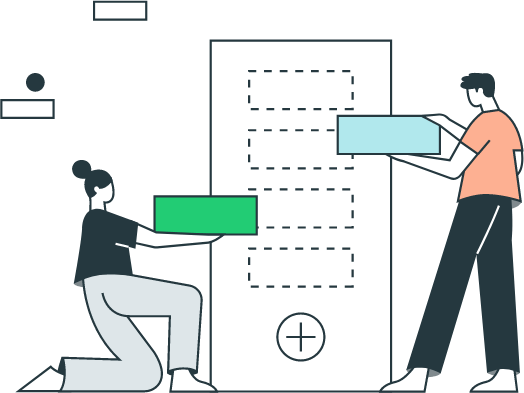
What Apps are integrated with QuickBooks?
QuickBooks is a popular accounting software that helps businesses track their finances. It provides a diverse set of functionalities, such as invoicing, expense tracking, and reporting. QuickBooks can also be integrated with other apps to extend its functionality.
There are many different apps that can be integrated with QuickBooks. Some of the most popular integrations include:
Payment processors: QuickBooks can be integrated with a variety of payment processors, such as PayPal, Square, and Stripe. This allows businesses to accept payments online and in person.
Ecommerce platforms: QuickBooks can be integrated with popular ecommerce platforms, such as Shopify and WooCommerce. This allows businesses to sell their products online and track their sales data in QuickBooks.
CRM software: QuickBooks can be integrated with CRM software, such as Salesforce and HubSpot. This allows businesses to track their customer interactions and sales leads in one place.
Project management software: QuickBooks can be integrated with project management software, such as Asana and Trello. This allows businesses to track their projects and tasks in one place.
Time tracking software: QuickBooks can be integrated with time tracking software, such as Toggl and Harvest. This allows businesses to track their employee hours and billable time.
Expense tracking software: QuickBooks can be integrated with expense tracking software, such as Expensify and Concur. This allows businesses to track their employee expenses and reimburse them quickly.
Inventory management software: QuickBooks can be integrated with inventory management software, such as Fishbowl and NetSuite. This allows businesses to track their inventory levels and costs.
Tax software: QuickBooks can be integrated with tax software, such as H&R Block and TurboTax. This allows businesses to file their taxes electronically and avoid errors.
These are just a few of the many apps that can be integrated with QuickBooks. By integrating QuickBooks with other apps, businesses can extend its functionality and improve their efficiency.
Here are some additional benefits of integrating QuickBooks with other apps:
Increased efficiency: Integrations have the potential to assist businesses in automating tasks and optimizing their workflows, allowing employees to allocate their time to more significant responsibilities.
Improved accuracy: Integrations can help businesses reduce errors by eliminating the need to manually enter data into multiple systems. This can save businesses time and money..
Better decision-making: Integrations can provide businesses with more insights into their finances. This information can be used to make better decisions about their business.
If you are looking for ways to improve your business's efficiency, accuracy, and decision-making, consider integrating QuickBooks with other apps. There are many different apps that can be integrated with QuickBooks, so you can find the right integrations for your specific needs.
Here are some tips for choosing the right apps to integrate with QuickBooks:
Consider your business needs: What are your biggest pain points? What tasks would you like to automate? What information would you like to gain insights into?
Read reviews: Once you have a list of potential apps, read reviews from other businesses that have used them. This can help you get a sense of the pros and cons of each app.
Start with a few integrations: Don't try to integrate too many apps at once. Start with a few that you think will have the biggest impact on your business.
Be patient: Integrations can take some time to set up and get working properly. Be patient and don't give up if you run into any problems.
By following these tips, you can choose the right apps to integrate with QuickBooks and improve your business's efficiency, accuracy, and decision-making.


